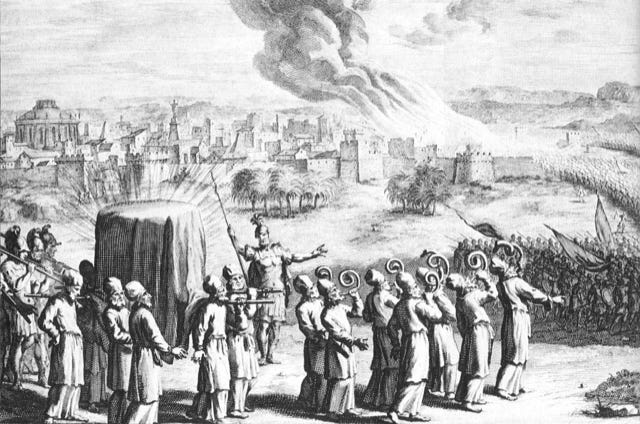On Markets
hic abundant leones
You should make great things, not promising great things. - Pythagoras
As America looks to build back better (this implies much of what was built, was done so in a poor manner) and on shore many economic activities that have been off-shored in recent decades the devaluation of the USD will play an integral role. But its all transitory, right? No. The ra…



